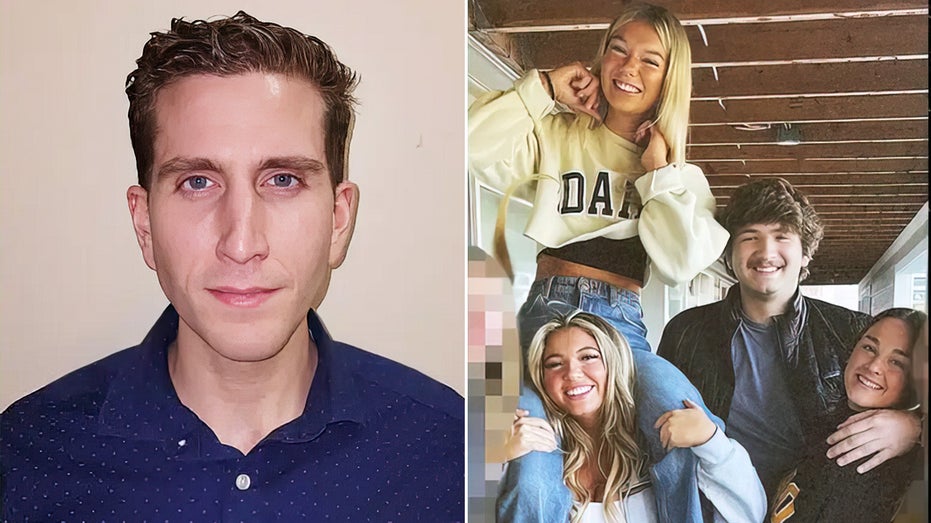Judge Rules Death Penalty Option Remains Open in Bryan Kohberger Case Amid Autism Defense
In a significant development, an Idaho judge ruled on Thursday that prosecutors may pursue the death penalty against BRYAN KOHBERGER if he is convicted in the 2022 killings of four University of Idaho students. The decision by JUDGE STEVEN HIPPLER follows a motion from Kohberger’s defense team to bar the death penalty due to his autism spectrum disorder (ASD) diagnosis.
Prosecutors had previously indicated their intent to seek capital punishment if Kohberger is found guilty. Defense attorneys argued that his ASD diminishes his culpability, undermines the retributive and deterrent purposes of the death penalty, and increases the risk of wrongful conviction and execution. They contended that such a sentence could violate the Eighth Amendment’s prohibition against cruel and unusual punishment.
However, Judge Hippler rejected these arguments, stating that Kohberger’s attorneys failed to demonstrate that ASD equates to an intellectual disability, which would exempt him from capital punishment under legal precedents. He noted that there is no national consensus against imposing the death penalty on individuals with ASD. While ASD may be considered a mitigating factor during sentencing, it does not disqualify Kohberger from facing the death penalty.
BRYAN KOHBERGER, 30, is accused of the brutal stabbing deaths of MADISON MOGEN, 21; KAYLEE GONCALVES, 21; XANA KERNODLE, 20; and ETHAN CHAPIN, 20, in an off-campus home in Moscow, Idaho, on November 13, 2022. Investigators have highlighted suspicious behavior, including Kohberger allegedly turning off his phone before the crime and changing his license plates shortly afterward. A crucial piece of evidence—his DNA—was found on a Ka-Bar knife sheath recovered at the scene.
Kohberger, a former criminology Ph.D. student, has pleaded not guilty to four counts of first-degree murder and one count of felony burglary. His trial is scheduled to begin on August 11, 2024.
This case continues to draw national attention as it raises complex legal and ethical questions surrounding the intersection of mental health diagnoses and capital punishment.
**Sources:**
[Fox News Digital](https://www.foxnews.com)
[Associated Press](https://www.apnews.com)




Post Comment